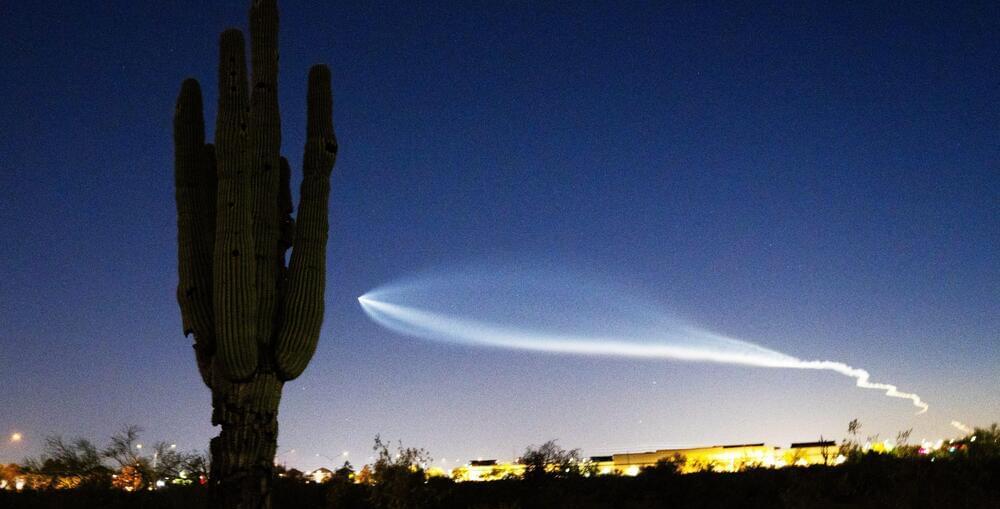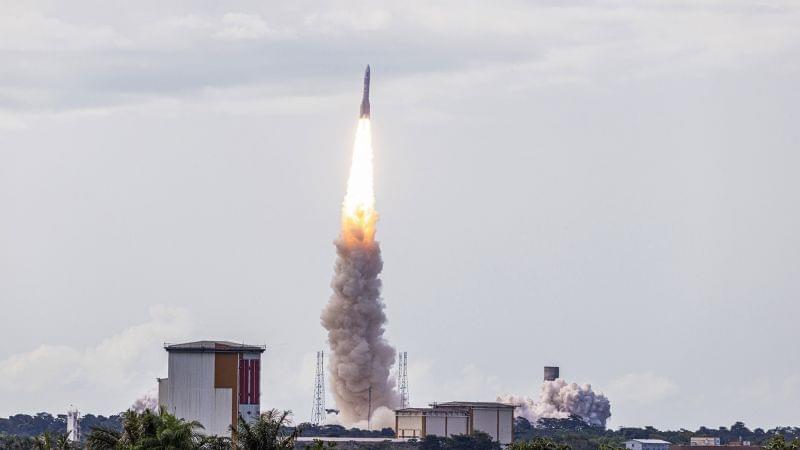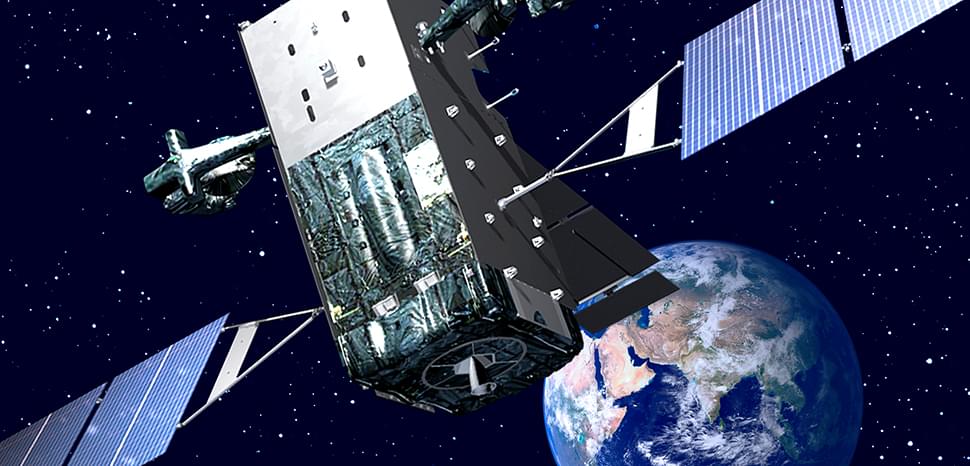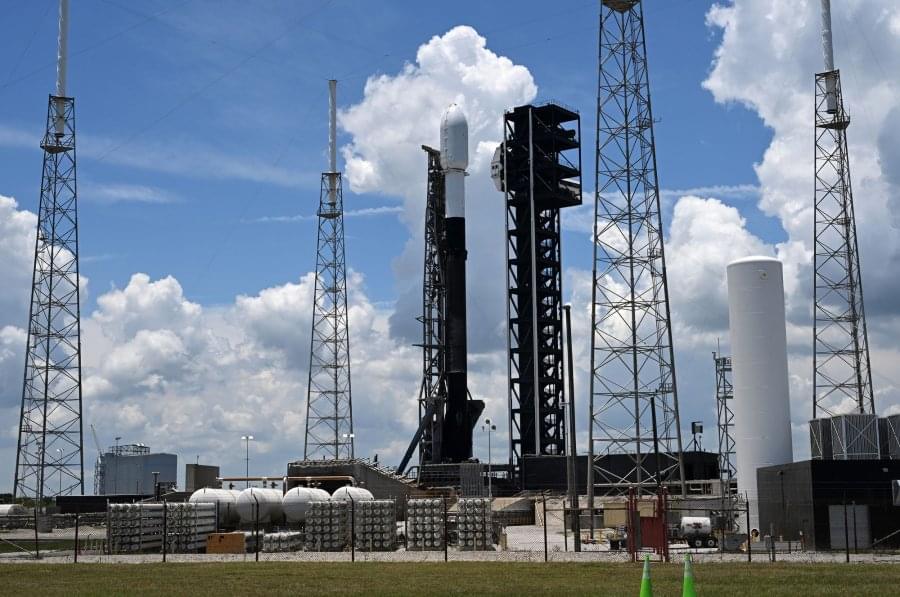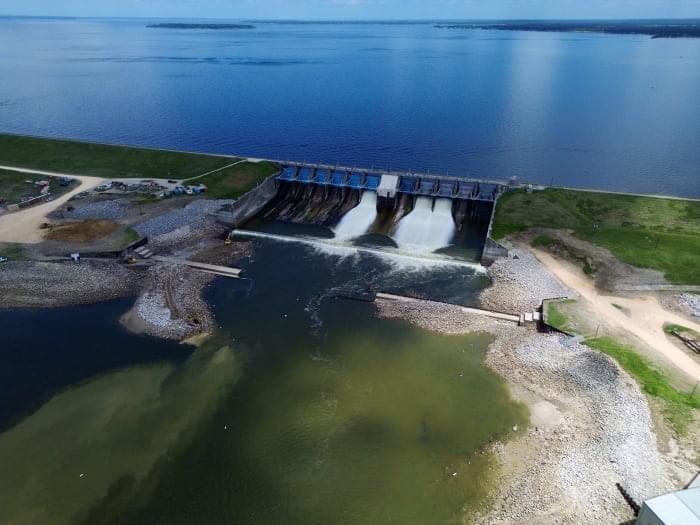Moreover, the concept of limitation, which dictates that the means and methods of warfare are not unlimited, can help prevent the escalation of conflicts in space by imposing restrictions on the use of certain weapons or tactics that could cause indiscriminate harm or result in long-term consequences for space exploration and utilization. Given a growing number of distinct weapons systems in orbit – from missile defense systems with kinetic anti-satellite capabilities, electronic warfare counter-space capabilities, and directed energy weapons to GPS jammers, space situational awareness, surveillance, and intelligence gathering capabilities – legal clarity rather than strategic ambiguity are crucial for ensuring the responsible and peaceful use of outer space.
Additionally, the principle of humanity underscores the importance of treating all individuals with dignity and respect, including astronauts, cosmonauts, and civilians who may be affected by conflicts in space. By upholding this principle, outer space law can ensure that human rights are protected and preserved, particularly in the profoundly challenging environment of outer space. Moreover, with civilians on the ground increasingly tethered to space technologies for communication, navigation, banking, leisure, and other essential services, the protection of their rights becomes a fundamental imperative.
The modern laws of armed conflict (LOAC) offer a valuable blueprint for developing a robust legal framework for governing activities in outer space. By integrating complementary principles of LOAC or international humanitarian law with the UN Charter into outer space law, policymakers can promote the peaceful and responsible use of outer space while mitigating the risks associated with potential conflicts in this increasingly contested domain.
